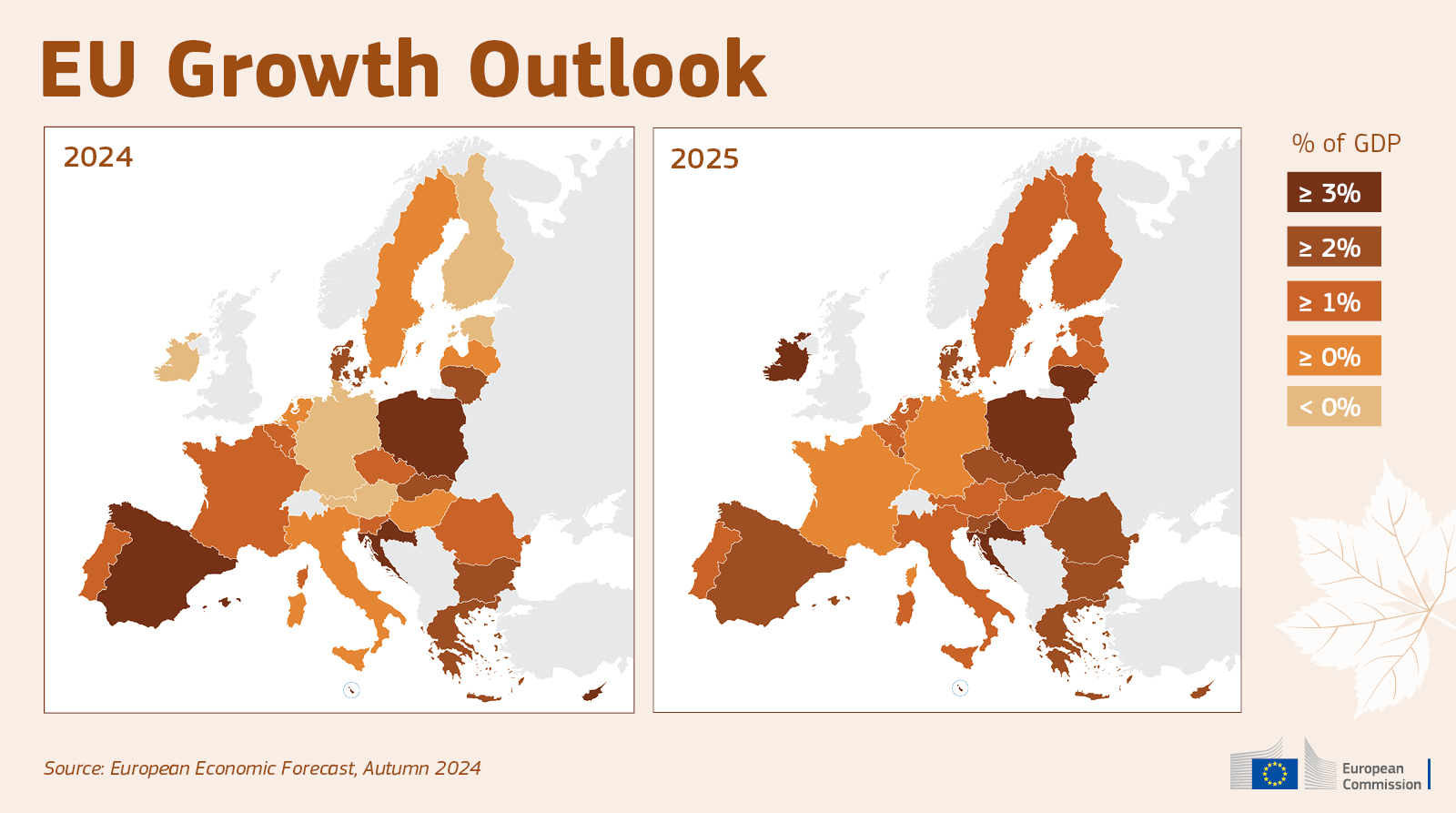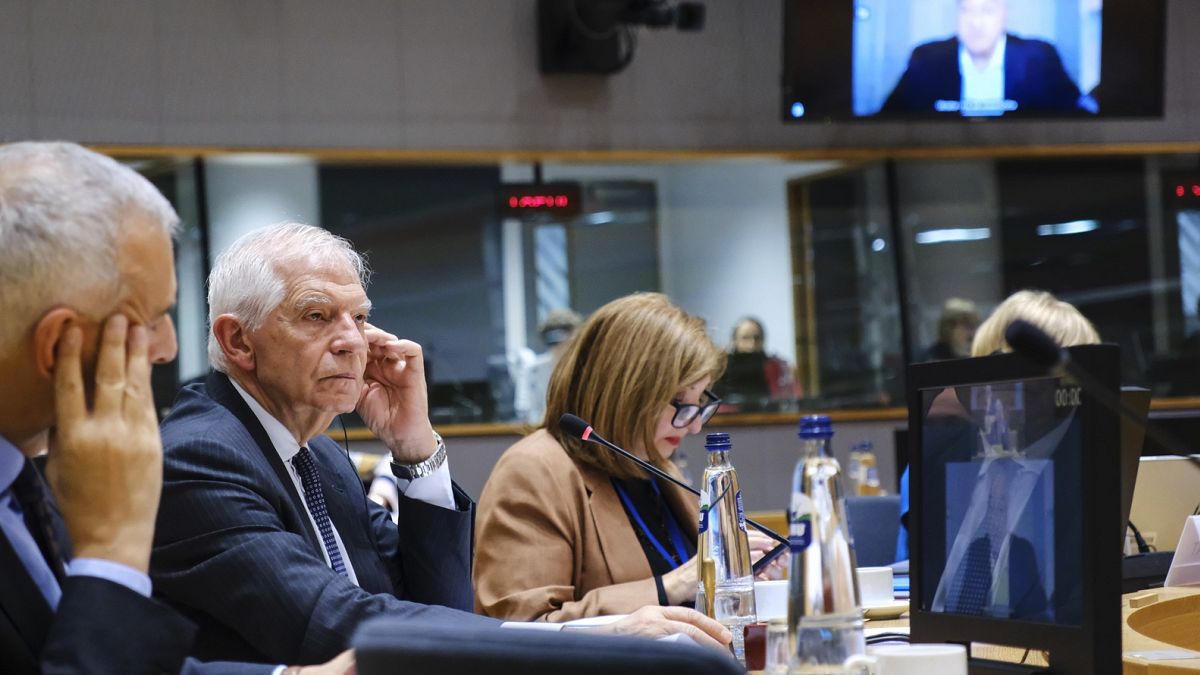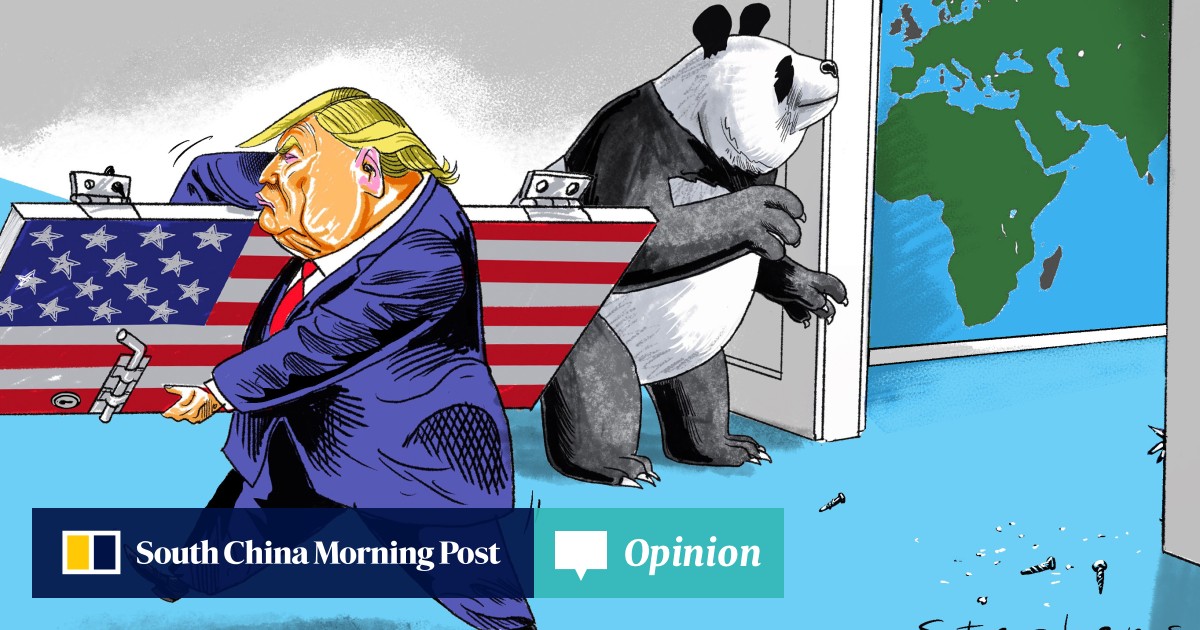- Germany’s wobbly coalition government finally collapsed the same day the U.S. election was called for Trump, prompting Chancellor Olaf Scholz to set elections in February.
- Macron, for his part, has been reduced to little more than a bit player amid France’s dysfunctional politics.
- Europe, sapped and unsteady, is facing a fight with long odds of success. If it doesn’t rise to the Trump challenge, its prospects are bleak.
Lee Hockstader has been The Post's European Affairs columnist, based in Paris, since 2023.
Europe is unready for a Trump trade war
Europe has failed to keep pace with the United States economically for decades. Now an even bigger test looms.
'"...The president-elect is hostile to the very idea of Europe as an unshakable ally whose health and security are bound up with U.S. power and prestige. “Our allies treat us actually worse than our so-called enemies,” he said in September at a campaign event in Wisconsin. “In the military, we protect them, and then they screw us on trade. We’re not going to let it happen anymore...
That remark — and others like it — has set the stage for what Trump has promised will be a trade war. He has threatened to impose across-the-board tariffs up to 20 percent on European and other imports.
- That would be terrible news even for a strong and united Europe.
- It could be devastating for the continent in its current state — weak, querulous and increasingly ill-equipped to compete.
- Dreading the fallout for industries and consumers, the European Union is preparing tit-for-tat retaliatory duties.
- Few believe it enjoys the upper hand.
EU inflation forecast to tumble as Brussels warns of looming trade war
The European Commission has hailed a 'gradual' rebound in economic activity, but warns the EU is 'especially vulnerable' amid rising geopolitical tensions.
The EU could see inflation rates fall by over 50% next year, amid a modest economic rebound and record low unemployment, the European Commission said in a forecast published on Friday.
The report — whose numbers were finalized in October, before US elections swept Donald Trump back into power — warns the bloc's open economy is "especially vulnerable" to rising protectionism.
- The high cost of living was at the top of voters' minds as they went to the polls in June, in EU elections that saw a significant rise in support for far-right parties.
"A further increase in protectionist measures by trading partners could upend global trade, weighing on the EU's highly open economy," the report warned.
- That threat was further underlined by EU Economics Commissioner Paolo Gentiloni, who told reporters that "a possible protectionist turn in US policy would be extremely harmful for both economies," but that the bloc was "ready" to address any issues.
- "Both regions maintain a shared interest in upholding high standards," he said, adding that economic integration "is a stabilizing economic and political force."
The bloc's biggest economic laggard is its largest member, Germany, whose growth will be lowest in the EU in 2025 and second-lowest in 2026, at 0.7% and 1.3% respectively, the forecast predicted — a result laid at the door of weak domestic and foreign demand for manufactured goods and labor shortages plaguing the construction sector.
The sluggish performance of the German economy is accompanied by political turmoil, after the dramatic resignation of liberal coalition partners the FDP led socialist Chancellor Olaf Scholz to call early elections for February 2025.













No comments:
Post a Comment